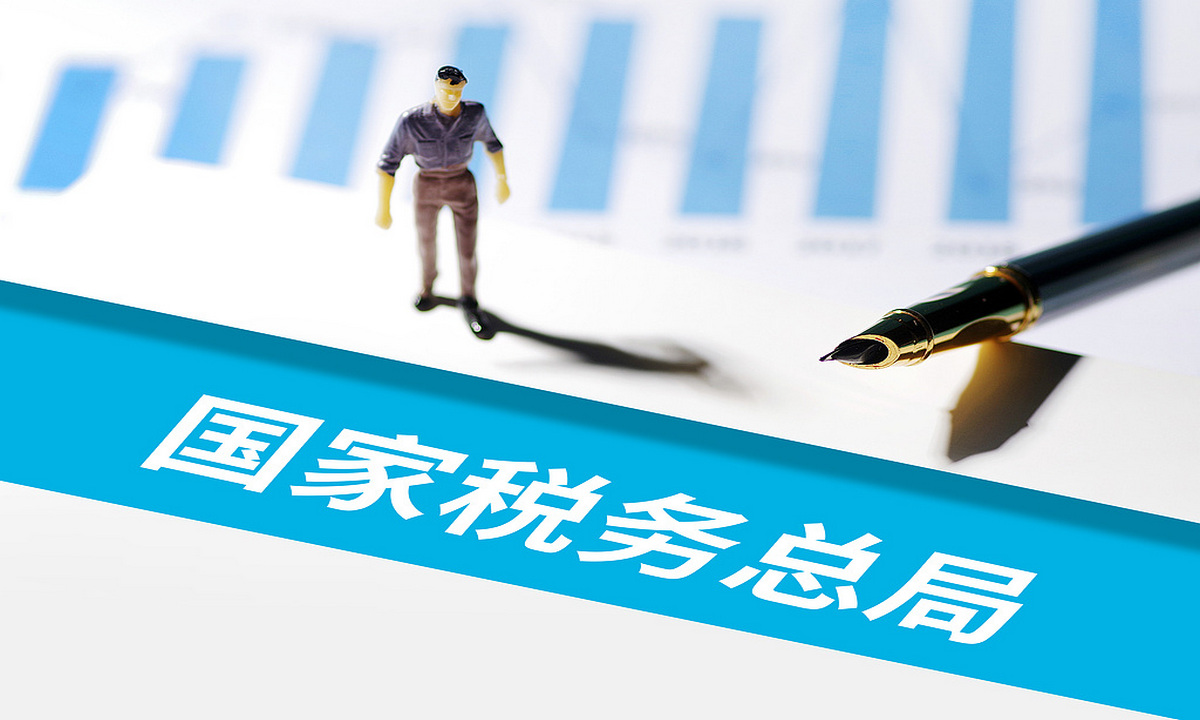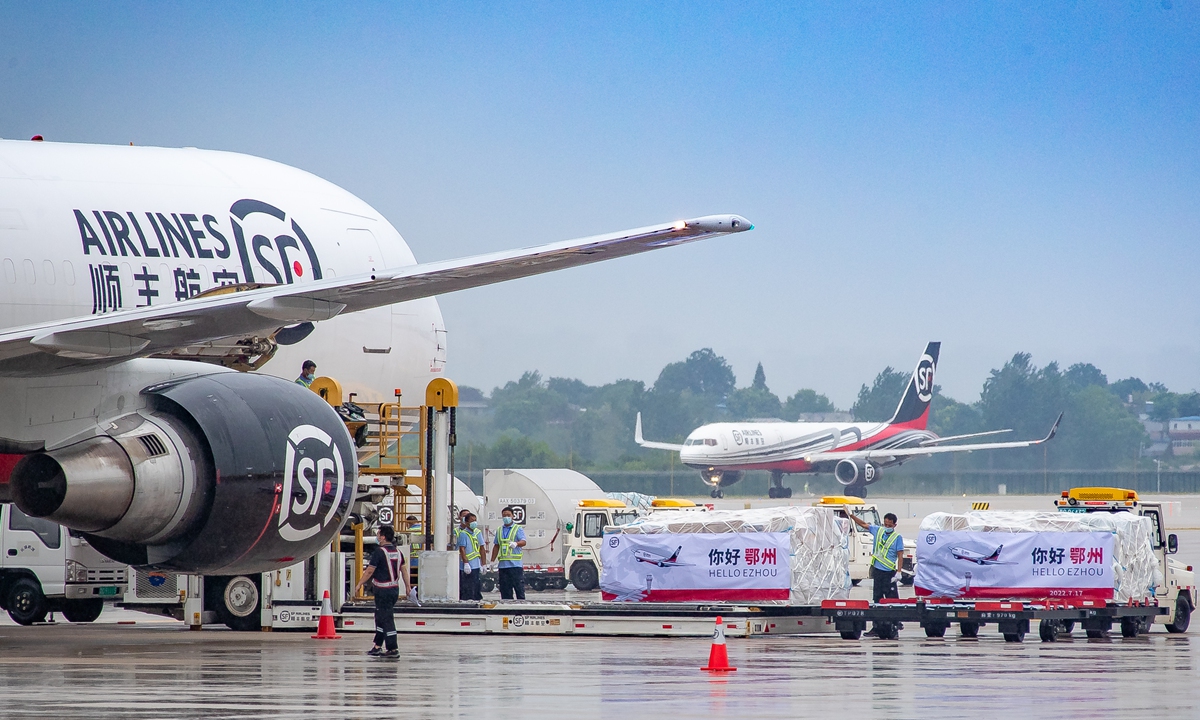Sam Altman: AI Bubble Market Emerging with Increased Spending

Sam Altman, CEO of OpenAI, has sparked significant conversation in the tech and investment worlds following his assertion that rising industry spending is indicating a potential bubble in the artificial intelligence (AI) market. During a recent gathering with journalists, Altman likened the current enthusiasm towards AI to the reckless optimism that characterized the dot-com bubble of the late 1990s, suggesting that while AI is indeed a transformative technology, the current market might be overvalued. His observations have garnered attention as various investors and analysts echo similar sentiments, raising critical questions about valuation trends and sustainability in this rapidly advancing sector.
The notion of a bubble is intrinsically linked to investor behavior, and as Altman noted, it often leads to what he described as "smart people losing themselves" in inflated valuations. This concern comes amid reports indicating that the top ten companies within the S&P 500 are currently more overvalued than during the peak of the dot-com era. In stark contrast to historical measures, analysts emphasize that the excitement around AI is attracting speculative investments into entities that demonstrate weaker fundamentals. For instance, while the hype surrounding burgeoning AI technologies has prompted a flurry of investment, as Ray Wang of the Futurum Group pointed out, many companies with unclear revenue models are benefiting disproportionately from this capital influx. This divergence poses a real risk: if investor confidence falters or actual results fail to materialize, a wave of sell-offs could ensue, reminiscent of the sharp corrections witnessed during the 2000s.
Commentary from financial thought leaders suggests the potential for a widening schism between expected ROI and actual performance, highlighting the need for vigilant investment strategies. As Altman reflects on OpenAI’s aspirations towards astronomical annual recurring revenues and a $500 billion valuation, it becomes imperative to question the underlying fundamentals fueling these ambitions. Could investors become victims of their aspirations, caught up in a narrative that lacks corresponding tangible growth? Furthermore, while investment in AI shows signs of robust growth, especially in emerging areas like brain-computer interfaces and consumer hardware, there's a legitimate concern that this could represent an overreach rather than a sustainable, long-term strategy. Historically, inflection points of technological advancement have brought mixed outcomes—could the AI sector, much like the dot-com bubble before it, face a harsh revaluation as reality sets in?
In navigating forward, stakeholders should remain acutely aware of both the opportunities and risks presented by burgeoning sectors like AI. Policymakers must also tread carefully; unanticipated consequences of aggressive monetary policies or regulatory actions could exacerbate existing vulnerabilities within the market. Investors, regulators, and consumers alike will need to maintain a balanced perspective to harness the potential of this transformative technology while grounding their expectations in observable performance metrics. Altman’s cautionary tone serves not only as a warning but also an invitation for introspection across the investment community. As we stand at this precipice, one must ponder: how do we ensure innovation remains aligned with responsible investing in an age where financial bubbles loom large on the horizon?
Read These Next

China Announces First Tax Fraud Cases in New Three Sector
China's State Taxation Administration tackles first tax fraud cases in new-energy vehicles, aiming for fair business practices.

Intel to Issue Shares for SoftBank Investment on August 19
SoftBank will invest in Intel via additional shares, under 2% of market cap, signaling confidence in tech and innovation trends.

China Reports 50 Percent Growth in New International Air Cargo Routes in 2025
China's air cargo sector grew 50% in new international routes in H1 2025, launching 117 routes amid rising e-commerce demand.
